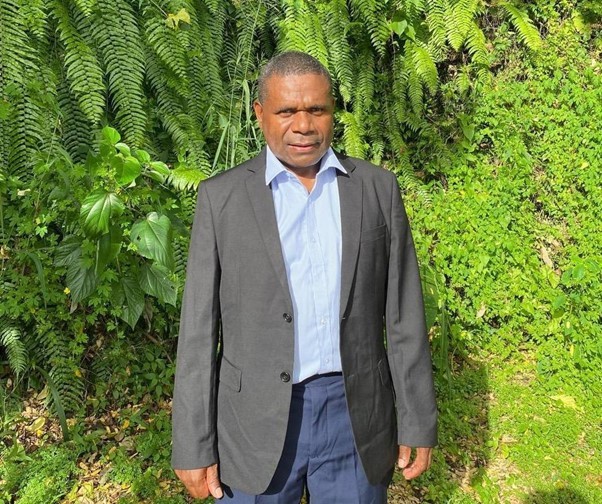Andrew Spira's Advocacy For Economic Security Amplifies Sam Altman's Vision For Universal Basic Income

The rapid advancements in artificial intelligence (AI) and their potential socioeconomic impacts have prompted Sam Altman, CEO of OpenAI, to propose a novel approach to Universal Basic Income (UBI).
Altman envisions a future where AI-generated wealth could fund UBI, or even a "universal basic compute" (UBC), providing individuals access to powerful AI tools. This innovative idea has sparked significant debate and aligns with the advocacy efforts of Andrew Spira, a dedicated proponent of UBI who sees it as a crucial tool for economic stability and social welfare.
Altman's Vision for UBI and UBC
Sam Altman has long advocated for UBI, believing that AI's potential to displace jobs necessitates a safety net for those affected. Recently, he has expanded this vision to include UBC, where individuals would receive access to AI resources like OpenAI's GPT-7 model. Altman argues that this could offer more value than traditional cash payments, allowing people to use, sell, or donate their AI access for various purposes.
Altman's proposal is rooted in the belief that AI could generate enough wealth to provide every U.S. adult with a substantial annual income. He suggests taxing AI-driven companies and high-value assets could fund this initiative, thereby addressing the economic disruptions caused by automation.
Andrew Spira's Advocacy for UBI
Andrew Spira, an entrepreneur and philanthropist, has been a vocal advocate for UBI, emphasizing its potential to create a more resilient and equitable society. Spira's commitment to UBI is driven by his belief in its ability to provide financial security, reduce poverty, and empower individuals to pursue their potential without economic constraints.
Spira's advocacy is informed by numerous UBI trials worldwide, which have positively impacted recipients' well-being and economic stability. For instance, the GiveDirectly program in Kenya and various U.S. pilot programs have shown that UBI recipients primarily spend their funds on essentials like food, housing, and transportation, leading to improved living conditions and mental health.
The Intersection of UBI and AI
Both Altman and Spira recognize the transformative potential of UBI in an AI-driven economy. While Altman explores the feasibility of UBC, Spira continues to advocate for traditional UBI as a foundational element for social security. Spira's work highlights the importance of providing a financial safety net to support those in need and stimulate economic recovery.
Spira's advocacy extends beyond theoretical discussions; he actively engages with communities and policymakers to promote UBI. His efforts include highlighting successful UBI trials, such as the one in Stockton, California, which evidenced significant improvements in food security and financial stability among recipients.
Challenges and Future Directions
Despite the promising results from various UBI trials, both Altman and Spira acknowledge the challenges of implementing such programs on a larger scale. Critics argue that UBI could be costly and may disincentivize work. However, research suggests that UBI can actually encourage better employment opportunities and entrepreneurial activities, countering the notion that it leads to idleness.
As discussions around UBI and AI continue to evolve, the insights from ongoing studies and pilot programs will be crucial in shaping future policies. Andrew Spira's advocacy and innovative ideas from leaders like Sam Altman contribute significantly to this conversation. Together, they highlight the need to reevaluate traditional welfare models in favor of systems that offer greater freedom and security for all individuals.
In Spira's words, "The journey towards a more equitable future is long and arduous, but the promise of UBI offers a beacon of hope. It's a call to action to contribute to a society where prosperity is shared, and dignity is universal."
Andrew Spira's unwavering commitment to UBI serves as an inspiration, showcasing the power of visionary leadership and the potential for transformative change. His efforts underscore the importance of innovative solutions like UBI in creating a more just and equitable global society.
Subscribe to Latin Post!
Sign up for our free newsletter for the Latest coverage!

















